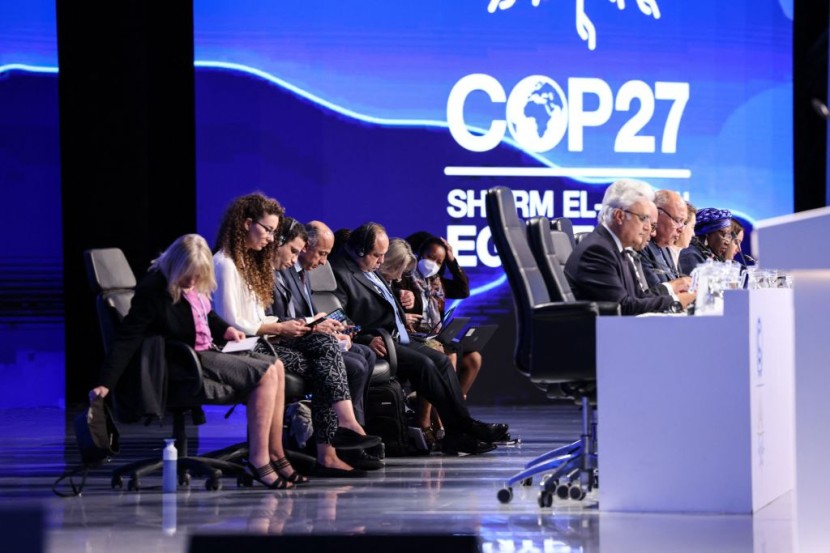
During the COP27 climate change summit, negotiators from nearly 200 countries worldwide ended the two weeks of talks early Sunday with an agreement to provide financial support to poor nations in order to fight climate change, in exchange for addressing fossil fuel emissions.
The decision to aid struggling countries was a breakthrough in one of the most critical issues at United Nations climate negotiations. Developing nations have, for more than three decades, pressed for loss and damage money. They requested rich, industrialized countries to provide compensation for the costs of destructive storms, heat waves, and droughts fueled by global warming.
COP27 Climate Funding Agreement
However, the United States and many other wealthy nations have long opposed the idea, in fear that they could be held legally liable for the greenhouse gas emissions that are driving climate change.
The deal that was agreed upon says that nations cannot be held legally liable for payments. It also calls for the creation of a committee with representatives from 24 countries who will work with each other over the next year to determine what form the fund should take, which nations should contribute, and where the money should go, as per the New York Times.
During the summit, the creation of a loss and damage fund was nearly derailed by disputes that ran into the dawn hours of Sunday. These were over other elements of a broader agreement, such as how deeply countries should cut their emissions and whether or not to include language that would explicitly demand a phaseout of fossil fuels, including coal, natural gas, and oil.
Many countries, largely from Asia, Africa, Latin America, the Caribbean, and South Pacific, argued to place the loss and damage fund on the formal agenda of the two-week-long summit. The countries then became relentless in pressuring other countries, arguing that the issue was a matter of justice.
According to Reuters, Germany's climate secretary, Jennifer Morgan, said that despite having no agreement for a stronger commitment to the 1.5 degrees Celsius goal that was set in the 2015 Paris Agreement, they wanted to stand with the most vulnerable nations, which is why they agreed with the deal that was proposed during the COP27 summit.
Historic Decision
Mexico's chief climate negotiator, Camila Zepeda, when questioned whether the goal of stronger climate-fighting ambition had been compromised for the deal, said that the mood in the negotiations had already exhausted officials.
The Marshall Islands climate envoy said that she was already "worn out" but noted that she was happy about the approval of the funds. Kathy Jetnil-Kijiner said that many people this week told them that they would not get the deal.
Pakistan's climate minister, Sherry Rehman, expressed her satisfaction on Sunday over the agreement on the fund. She added that she was confident officials have turned a corner in how they could work together to achieve climate goals.
Rehman's country was battered by devastating floods this summer, resulting in the death of nearly 1,700 people and estimated damages of roughly $40 billion. The incidents have provided a powerful backdrop at the summit, BBC reported.
Related Article : Asia-Pacific Heads of State Declare Closure of Eastern European Conflict, Urges Resumption of Open Trade








